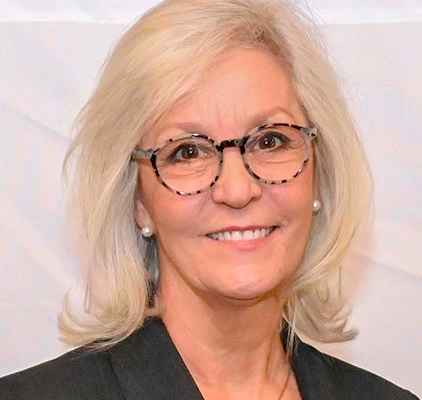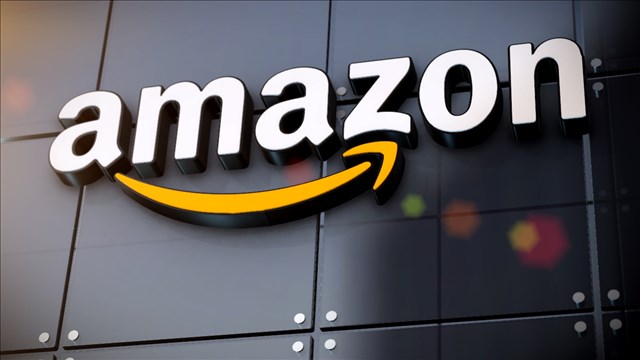Drug company execs testify about skyrocketing Rx prices

WASHINGTON — Executives with seven large pharmaceutical companies are testifying about bounding prescription drug prices this morning before the U.S. Senate Finance Committee, chaired by Iowa Republican Chuck Grassley.
Prices for insulin, used in treating diabetes, have jumped 500-percent or more and Senator Grassley says the reasons why are unclear, as the drug itself hasn’t changed in many years.
“Last year, I contacted several insulin makers to understand what led to these extreme hikes in prices,” Grassley says. “Today’s hearing will explore the complex pricing schemes of drug companies and the industry practices that are behind the price of prescription drugs.”
The federal government is the largest consumer of prescription drugs, and according to Grassley, the largest victim of the bounding prices. He says pharmaceutical companies receive billions of dollars a year from federal programs like Medicare and Medicaid.
“It seems like I hear about high drug prices almost every one of my county meetings that I have, even recently, last week in nine different counties,” Grassley says. “So this is an important issue for Iowans.”
Grassley says patients and taxpayers deserve to hear from the industry leaders about what’s behind this “unsustainable trend” and what can be done to lower costs. Research and development is expensive, he acknowledges, but prices on drugs that haven’t changed in decades shouldn’t suddenly jump 300, 400 and 500-percent or more without cause.
“Under our free market system, they have a right to not only set their price, but if they can get away with it, to gouge,” Grassley says. “I’m not sure at this point that I want to make that latter accusation but I can make it from the standpoint of my constituents thinking so.”
This hearing is an opportunity for companies that produce life-saving medications to explain how they price these treatments, Grassley says, and whether the status quo is acceptable.
Top executives from seven major pharmaceutical companies will testify, including AbbVie, AstraZeneca, Bristol-Meyers Squibb, Johnson & Johnson, Merck, Pfizer and Sanofi.




